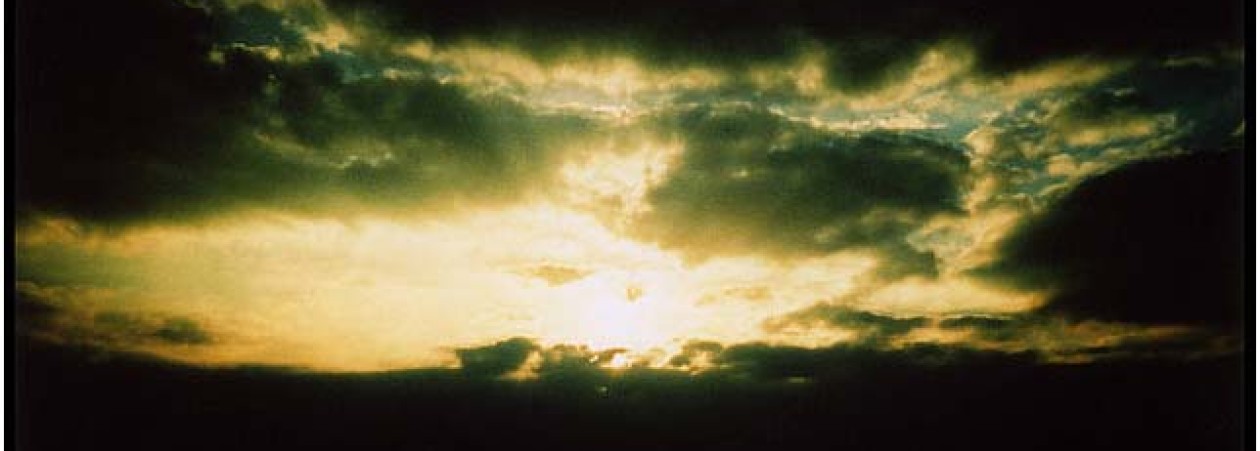After his 2010 esophageal cancer diagnosis, Christopher Hitchens would explain to those who asked about his health that he was dying.
“But so are you,” he would add in typical Hitchens fashion. “I’m only doing it more rapidly.”
On Thursday at the MD Anderson Cancer Center in Houston, Hitchens finally crossed the finish line, far too rapidly, at the age of 62.
The world has lost not only one of the finest polemicists and essayists of his era, but one of the brightest wits and clearest and most resolute voices against tyranny.
Many accused the British-born Hitchens, once anointed by Gore Vidal as “his successor, an inheritor, a dauphin,” of having drifted rightward politically in the aftermath the 9/11 terror attacks. After many of his comrades on the left blamed the United States instead of Islamist terrorists for the destruction wrought that day, Hitchens abandoned his column at the left-wing Nation magazine and ardently advocated for the West, led by the United States, to confront what he called “fascism with an Islamic face.”
“Amid all this chaos on various frontiers,” he wrote in his memoir “Hitch-22,” about how he felt after the 9/11 attacks, “what I increasingly thought was: thank whatever powers there may be for the power of the United States of America. Without that reserve strength, the sheer mass of its arsenal in combination with the innovative maneuvers of its special forces, the tyrants and riffraff of the world would possess an undeserved sense of impunity.”
But more than mere left or right, Hitchens was anti-totalitarian; even as a young Oxford radical, this impulse seemed to strongly resonate. Told during a trip to Castro’s Cuba that free speech was welcome in the communist oasis so long as it was not used to attack the “Leader of the Revolution,” Hitchens recoiled at the notion.
“If the most salient figure in the state and society was immune from critical comment,” he explained in his memoir, “then all the rest was detail.”
And it was Hitchens in debates and columns after 9/11, as much as or more than anyone else, who provided the intellectual and moral foundation for America’s war against Islamist-inspired terror.
“If you want to avoid upsetting these people you have to let Indonesia commit genocide in East Timor, otherwise they’ll be upset with you. You’ll have made an enemy,” he bellowed at a questioner who dared blame the West for instigating the terror threat against it.
“If you tell them they can’t throw acid in the faces of unveiled women in Karachi, they will be annoyed with you,” Hitchens continued. “If you say we insist — we think cartoonists in Copenhagen can print satire on the Prophet Muhammad — you’ve just made an enemy. You’ve brought it on. You’re encouraging it to happen.”
Hitchens would have none of it.
“So unless you are willing to commit suicide for yourself and for this culture, get used to the compromises you will have to make and the eventual capitulation that will come to you,” he went on. “But bloody well don’t do that in my name because I’m not doing it. You surrender in your own name. Leave me out of it.”
Hitchens’ anti-totalitarian impulse sometimes took him to what could be viewed as reckless extremes. During a trip to Lebanon, for instance, he defaced a political party sign because it featured a swastika on it. He narrowly escaped a potentially deadly pummeling at the hands of the party’s apparatchiks.
“Well, call me old-fashioned if you will, but I have always taken the view that swastika symbols exist for one purpose only — to be defaced,” he later wrote, explaining the kerfuffle.
In recent years, Hitchens positioned himself as one of America’s leading atheists. His campaign against the Almighty often enraged conservatives. But on this issue, like every other Hitchens cared passionately about, he was willing to debate his side against the most expert opponents, often on their territory.
And, indeed, he seemed at home at the debating stage, where hours of YouTube footage will forever show him crushing opponents with carefully chosen, power-laden words.
Even after he was diagnosed with cancer, Hitchens continued to debate and write, despite the great limitations his illness inflicted upon his body. He also did us all a service by chronicling, as only he could, his own demise in the pages of Vanity Fair.
It is hard to imagine how this could be anything but a morbid task, but it didn’t read that way: His wit shone through. In one installment, Hitchens discussed what it was like to get letters from religious believers saying they were praying for him. He appreciated it, but it was the letters that said he was going to hell that really got him going.
“The vengeful deity has a sadly depleted arsenal if all he can think of is exactly the cancer that my age and former ‘lifestyle’ would suggest that I got,” Hitchens replied. “While my so far uncancerous throat, let me rush to assure my Christian correspondent above, is not at all the only organ with which I have blasphemed.”
Hitchens was noted for his bon vivant lifestyle, which he conceded may have given him the cancer that ultimately took his life. Yet he couldn’t imagine his life “without going to those parties, without having those late nights, without that second bottle.”
He didn’t regret “burning the candle at both ends and finding that it often gives a lovely light.”
Dimmed and then darkened far too early, Christopher Hitchens taught us how to live — and how to die.
By Jamie Weinstein – The Daily Caller Published: 2:33 AM 12/16/2011
